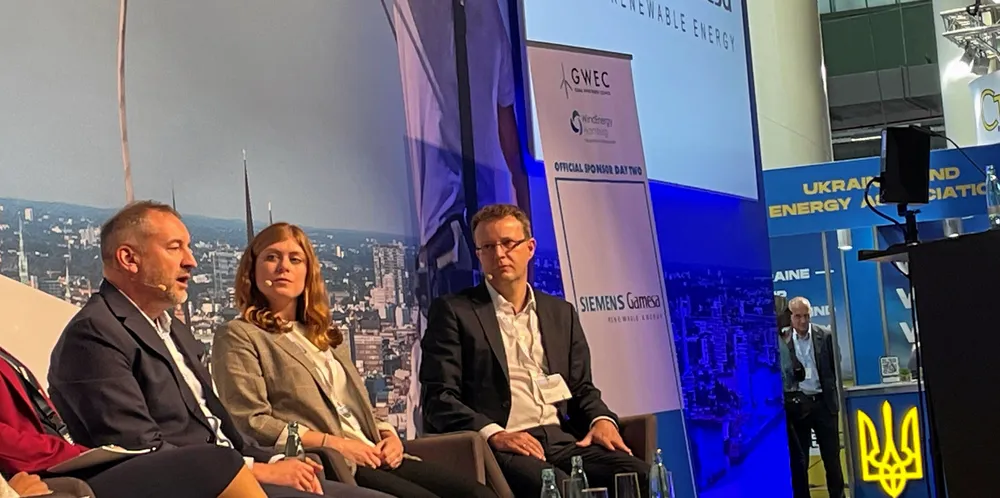No local investments without exports, Siemens Gamesa tells Asia-Pacific markets
Senior executive from OEM tells WindEnergy Hamburg factories not sustainable if for single geography as panel hears claims of 'introspective' regional view

Senior executive from OEM tells WindEnergy Hamburg factories not sustainable if for single geography as panel hears claims of 'introspective' regional view
